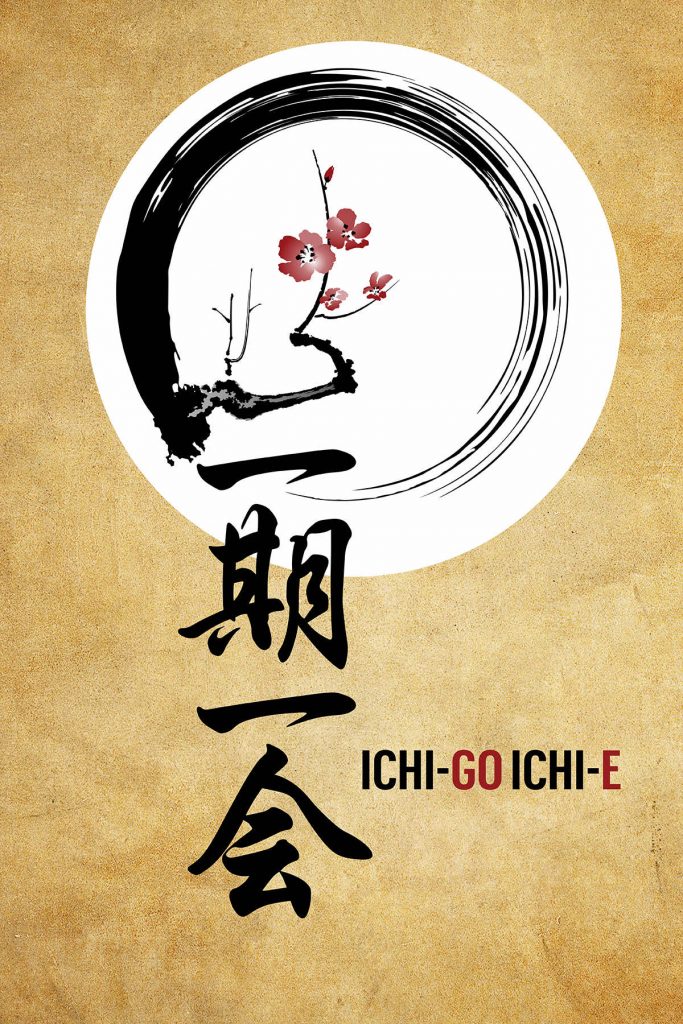
In game theory, there are two types of games: finite and infinite.
A finite game is defined as having known players, fixed rules and agree upon objective, according to Simon Sinek during his summer Talks at Google session.
During his presentation, he said baseball is a good illustration of a finite game. The players know each other, the rules, and have agreed, that whichever team has the most runs after nine innings wins the game.
This is very different than an infinite game, according to Sinek. An infinite game is characterized as having both known and unknown players, the rules are changeable and the objective is to perpetuate the game.
“When you pit a finite player against a finite player the system is stable. Baseball is stable,” he said.
The same is true if an infinite player is put up against and infinite player. There is no winner or loser in an infinite game. Players only drop out when they lose the will or resources to continue.
“Problems arise, however when you pit a finite player against an infinite player,” said Sinek. “Because finite players are playing to win and infinite players are playing to stay in the game.”
He points to the Vietnam War as an example, where the U.S. was fighting to win, and the opposing forces were fighting to stay in the game. It is also the cliff notes to the more recent wars in the Middle East over the last decade.
Bringing it back to business, and particularly relevant to the dominant business and social theory in Milwaukee, Sinek said his work at Microsoft and Apple presented a stark difference between the finite and infinite players.
At Microsoft, in his observation, the majority of the executives spend most of their time analyzing ways to beat Apple. By contrast at Apple, all of the executives spend all of their time on the company’s mission, such as discussing ways help teachers teach or how to help students learn.
Sinek says the obsession one business has with the competition – while the competition is focused on the future – demonstrates how an infinite player frustrates the competition.
The theory is an illustration of how and why economic investments and social development plans are not single campaigns, but interwoven as a collective culture. It requires persistence, continuous iterative improvement, unconventional thinking, and it never ends. A culture of infinite players that frustrate the competition, in Milwaukee’s case, is how it fails to remedy segregated social inequity and cycles of economic stagnation.
Simon Sinek
Portions of this article originally appeared on swordandthescript.com as Game Theory: Content Marketing as an Infinite Game















